
This logo isn't an ad or affiliate link. It's an organization that shares in our mission, and empowered the authors to share their insights in Byte form.
Rumie vets Bytes for compliance with our
Standards.
The organization is responsible for the completeness and reliability of the content.
Learn more
about how Rumie works with partners.
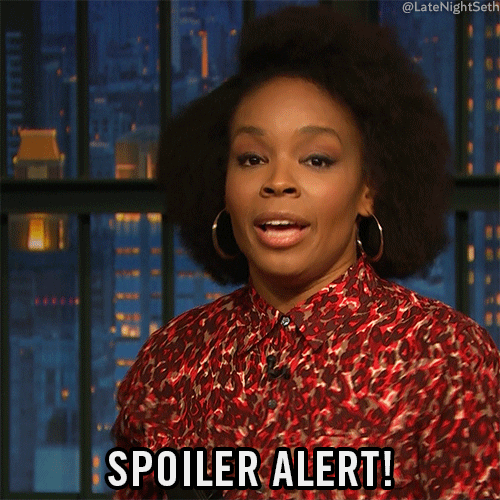
Shakespeare gives away the ending of Romeo and Juliet...at the beginning of the play!
It's right there in the prologue:
A pair of star-crossed lovers take their life
Does that make Shakespeare a bad storyteller? Far from it! Shakespeare's goal is to get you ready for the tragic tale you're about to witness.
Why A Prologue?
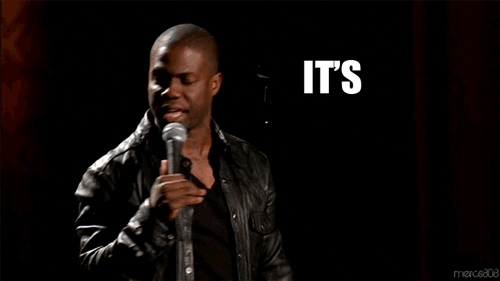
The prologue sets the scene for Romeo and Juliet so we can understand:
Where the play will take place
What the story's central conflict will be
 A Closer Look
A Closer Look
Think about the two points above when you read this stanza. It's about Romeo's and Juliet's families, the Montagues and the Capulets:
Two households, both alike in dignity
(In fair Verona, where we lay our scene),
From ancient grudge break to new mutiny,
Where civil blood makes civil hands unclean.
Quiz
What does this stanza tell us about the two families? Select all that apply:
While the Capulets and Montagues have similar backgrounds ("of equal dignity"), they have an "ancient grudge", which means their conflict goes way back. A "new mutiny" or sudden event will cause their hatred of each other to boil over into "civil blood".
What About Their Families?
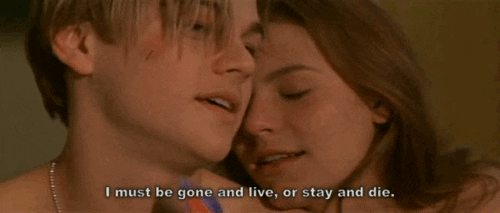 We know Romeo and Juliet won't make it out of the play alive.
We know Romeo and Juliet won't make it out of the play alive.
But what will happen to their families? Will they still be at war with each other?
 A Closer Look
A Closer Look
Read the stanza below. Focus on what the narrator says will happen to the Capulet and Montague families after Romeo and Juliet die.
From forth the fatal loins of these two foes
A pair of star-crossed lovers take their life,
Whose misadventured piteous overthrows
Doth with their death bury their parents' strife.
Quiz
According to the narrator, what will happen to The Capulets and Montagues after Romeo and Juliet die?
Shakespeare tells us that the tragic "misadventured" deaths of Romeo and Juliet will finally "bury their parents' strife". It's only the death of their children that will make the two families realize how dangerous their feud is.
Did you know?
Shakespeare is credited with inventing 1700 words in the English language! Romeo & Juliet contains the first recorded use of the word "uncomfortable".
So Why Give Away The Ending?
 Because it makes the play more tragic!
Because it makes the play more tragic!
Take a look at the final stanzas:
The fearful passage of their death-marked love
And the continuance of their parents' rage,
Which, but their children’s end, naught could remove,
Is now the two hours' traffic of our stage —
The which, if you with patient ears attend,
What here shall miss, our toil shall strive to mend.
Shakespeare is using a dramatic technique called foreshadowing — when a narrator or author tells you how things are going to end, and then fills in the details as the story moves on.
Shakespeare wants you to know right from the beginning that Romeo and Juliet will be sacrificed to bring peace between their families.
No matter what Romeo and Juliet do, their destiny as "star-crossed lovers" is to die.
How sad is that?
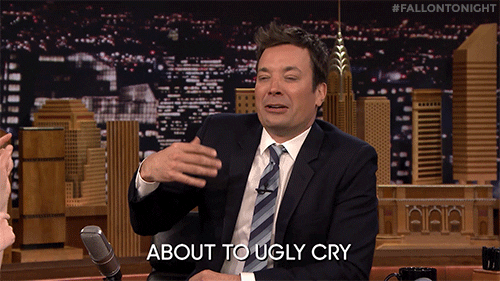
Did you know?
Take Action
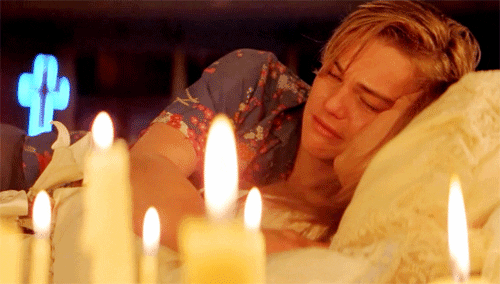
Get your tissue box ready!
The play will fill in the details of how Romeo and Juliet meet their deaths.
Just like in the prologue, you'll come across some words and phrases that made perfect sense in Shakespeare's time, but might be hard for modern English speakers to understand.
As you read or watch Romeo and Juliet:
This Byte has been authored by
Steve Birek
Director of Learning Content at Rumie